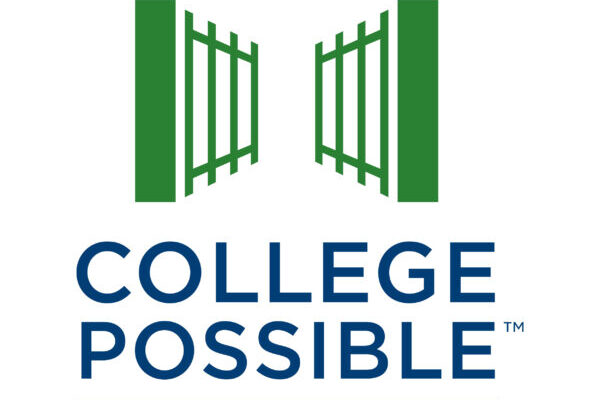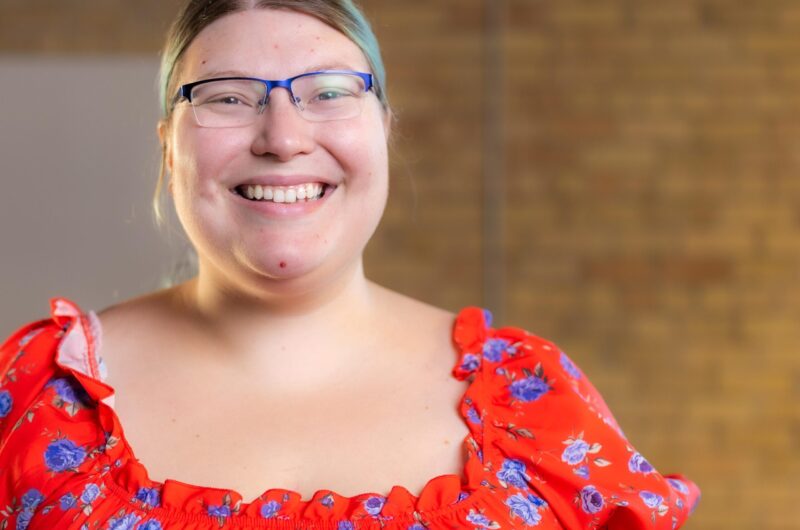On Tuesday, August 15, College Possible Minnesota and Macalester College brought college admissions professionals from across the region together to discuss the effects of the Supreme Court’s ruling against Affirmative Action.
As a college access and success organization that supports first-generation college students and students from systemically-excluded backgrounds – of which more than 80% identify as BIPOC – College Possible Minnesota has worked to ensure equitable access to college pathways for all students for more than 20 years. Evidence shows that systemic barriers in education hit students from historically marginalized communities the hardest. According to the Minnesota Office of Higher Education, students of color graduate from Minnesota State Universities at a 20 percent lower rate than their white counterparts.
Staff from College Possible Minnesota were joined by more than two dozen regional college admissions officers to participate a practitioner roundtable discussion and luncheon to share best-practices, and surface solutions to ensure the continuation of equitable college admissions for all students. Participating colleges and universities included:
- Augsburg University
- Carleton College
- College of Saint Benedict and Saint John’s University
- College Possible Minnesota
- Gustavus Adolphus College
- Hamline University
- Macalester College
- Saint Paul College
- St. Cloud State University
- St. Olaf College
- University of Minnesota Twin Cities
- University of St. Thomas
Discussion included topics such as the impact on enrollment both long and short term, foreseeable implications on enrollment numbers for private versus public institutions, whether the Court’s decision will effect student retention, and the programs, resources, and activities institutions will be able to offer students. There was also discussion around best practices in admissions and the importance of maintaining calm in the wake of the Supreme Court ruling.
As one attendee said, “[This event was] helpful to hear from a variety of institutions with different levels of selectivity, and how that effects pressures, concern, uncertainty with operating, post SCOTUS ruling. Good questions were raised, even if there were not answers for now, surrounding use of school profiles, role of coaches in potential race-conscious recruiting, as well as other key stakeholders/gatekeepers in the process.”
Some key takeaways and action items from attendees included:
- How institutions are working to support students better.
- Affirmation of the necessity of community-based organizations in supporting college admissions work.
- The need for developing additional student resources concerning changes in admissions.
College Possible Minnesota hopes this event will be the first of many discussions held in the coming months and years, helping us to support more students from underserved communities earn a college degree.
As an organization, we remain steadfast in our commitment to supporting students from historically underrepresented backgrounds in navigating the complex college application process, all the way through degree completion. Our mission of creating pathways to higher education and empowering students to achieve their full potential is more critical than ever. As we continue to adapt next year’s programming following these decisions, we are guided by our commitment to our values of diversity, equity, and inclusion.
Click here to read the College Possible Minnesota response to the Supreme Court Affirmative Action ruling.
For media requests, please contact Isaiah Allen, Senior Director of External Relations, at iallen@collegepossible.org or Rebecca Merrill, Communications Manager, at rmerrill@collegepossible.org.



